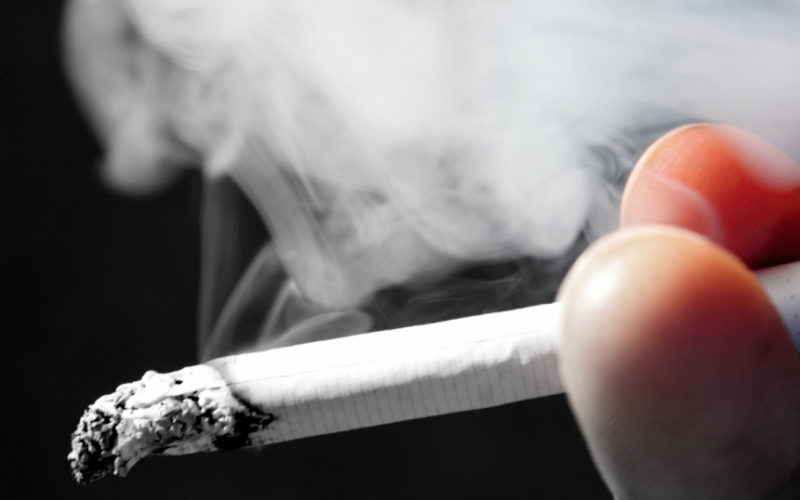In times of crisis some corporations profit while others break. For the tobacco industry the COVID-19 pandemic which has shut down many nations and crippled the global economy seems “a make or break opportunity”.

In the last four months, the industry has tried hard to brush aside the blame for the deaths its products inflict on users and non-users alike and, instead, projected the image of a public health stakeholder.
From well-celebrated philanthropic gestures like Philip Morris International’s (PMI) payment for 50 ventilators for use in hospitals in Greece, to British American Tobacco (BAT) purported repurposing of a number of its manufacturing facilities to permit the manufacture of sanitisers and personal protective equipment, the tobacco industry is maximising this season to its fullest. The announcement by the two tobacco giants that they are equally working hard at a vaccine to cure the virus is perhaps the biggest news of this season.
The World Health Organisation (WHO) has however dismissed the tobacco corporations’ attempt to leverage on the situation to advance false impressions of themselves, insisting that governments should be wary.
According to the WHO, “partnership with the tobacco industry undermines governments’ credibility in protecting population health as there is “a fundamental and irreconcilable conflict between the tobacco industry’s interests and public health policy interests.”
In view of its vast knowledge about how the industry exploits every opportunity to circumvent tobacco control while posturing as part of the solution to the tobacco epidemic, the WHO raised a similar red flag when in 2017 the Foundation for Smoke-free World (FSFW) was launched. The foundation, funded solely by PMI, prides itself as a non-profit committed to reducing deaths and diseases caused by smoking. But the WHO quickly dismissed the intent of the foundation.
In a statement issued subsequently, the WHO said that “The UN General Assembly has recognised a “fundamental conflict of interest between the tobacco industry and public health.”
WHO Member States have stated that “WHO does not engage with the tobacco industry or non-State actors that work to further the interests of the tobacco industry”, the organisation will therefore not engage with this new Foundation.
It also noted that Article 5.3 of the WHO Framework Convention on Tobacco Control (WHO-FCTC) obliges Parties to act to protect public health policies from commercial and other vested interests of the tobacco industry in accordance with national law. Guidelines for implementation of Article 5.3 state clearly that governments should limit interactions with the tobacco industry and avoid partnership.
These guidelines are also explicit that governments should not accept financial or other contributions from the tobacco industry or those working to further its interests, such as this Foundation.
The lines above should set off the alarm in Nigeria as government at all levels open their arms to donations from corporate entities to check the COVID-19 pandemic. The note of caution is even more pertinent following the recently reported distribution of 10,000 sanitisers and 7,400 face masks to one of the states in the south-west by a tobacco company operating in the country.
Another governor in the same south-west region equally sought donations from a leading tobacco company barely two months ago when the COVID-19 pandemic reared its head in his state.
Similar developments are being documented across Africa. In Uganda for instance, Rwandan business mogul, Tribert Rujugiro Ayabatwa, the owner of Meridian Tobacco Company and Leaf Tobacco and Commodities, recently donated Shs250 million to government of Uganda to support the country in the fight against Covid-19.
That the tobacco industry overtures in Nigeria are coming at a time that it is yet to commence enforcement of the National Tobacco Control Act 2015 and its Regulations, reinforces one ominous fact: Gifts from corporations whose products kill an estimated 17,500 Nigerians annually can be anything but good.
It cannot be good for non-smokers; same way it is not for smokers that researchers say, are much more likely to progress to the severe stage of COVID-19 because of the health conditions that tobacco inflicts. A word is enough for the wise.
By Bernadette Chime, Enugu
